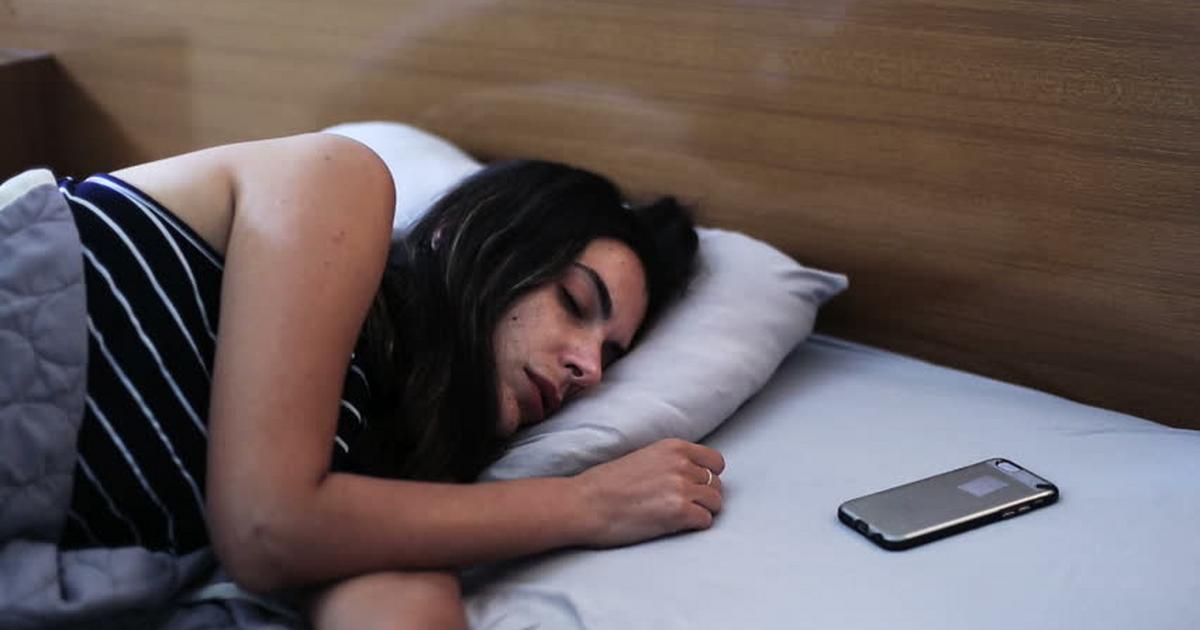1. Exposure to radiation
While the long-term effects of this radiation are still being studied, some research suggests that prolonged exposure, especially when sleeping with your phone close to your head, could potentially cause headaches, muscular pains and other health problems.
Keeping your phone away from your bed can reduce this exposure and minimise any potential risks.
2. Disruption of sleep patterns
The blue light emitted by phone screens can interfere with your sleep. Blue light exposure can suppress the production of melatonin, the hormone responsible for regulating sleep.
This can make it harder to fall asleep and reduce the quality of your sleep, leading to fatigue and impaired cognitive function the next day.
Even if you don’t use your phone right before bed, having it nearby can still lead to subconscious disruptions due to notifications or the temptation to check it.
3. Increased stress and anxiety
Constantly being connected to your phone can make it difficult to unwind and relax, increasing stress and anxiety levels. The urge to check notifications, emails, or social media can keep your mind active, even when you should be winding down for the night.
keep your phone out of your bedroom, or keep it far away when you are about to sleep, for a good night’s rest.
4. Potential fire hazards
Charging your phone next to your bed or under your pillow can be a fire hazard. Faulty chargers or overheating can lead to sparks or even fires.
Keeping your phone and charger away from flammable materials and ensuring they are on a hard, flat surface while charging can help reduce this risk.
While mobile phones are an essential part of modern life, their proximity at bedtime can negatively impact your health, sleep quality, and overall well-being.
By making a conscious effort to keep your phone away from your bed, you can improve your sleep, and create a more peaceful environment.
A good night’s rest is needed for your health, so take steps to ensure your bedtime habits support a restful and rejuvenating sleep.















